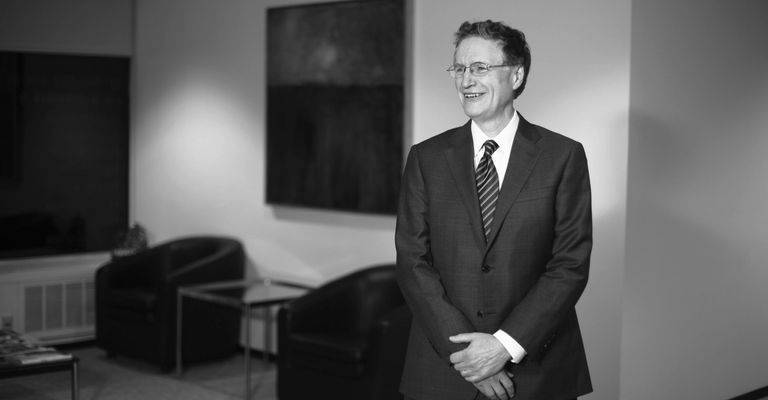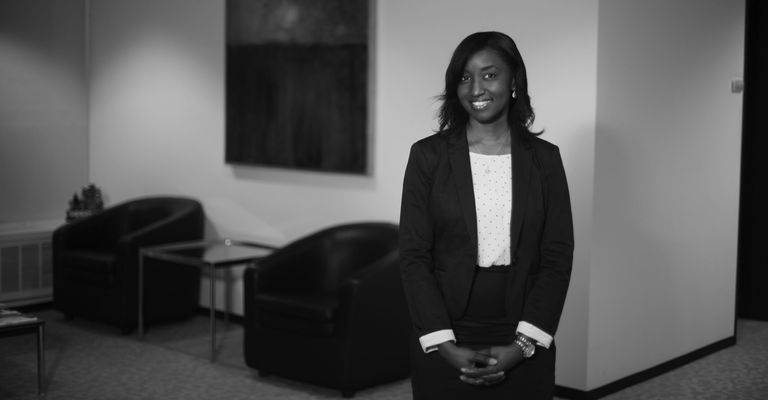BCLPatWork.com
What Employers Need to Know about New York State’s New Discrimination and Harassment Laws
Jul 11, 2019In 2018, in response to the #MeToo and #TimesUp movements, New York State enacted laws to provide stronger protections against workplace sexual harassment, including mandating that New York employers have a complaint and investigation process and a sexual harassment policy, and provide their employees with training.
On June 19, 2019, the New York Legislature voted to further reform New York law and to extend protections under the New York State Human Rights Law (“NYSHRL”) to employees of all protected categories from all forms of discriminatory harassment in the workplace. See NYS Assembly Bill No. A8421. The bill is expected to be signed by Governor Andrew Cuomo, who supported the measure.
Once enacted, some provisions will take immediate effect while others will be phased in over the course of one year. Here is the timeline for some of the provisions:
| Requirement |
Immediate |
60 days |
180 days |
| Extends NYSHRL to all employers regardless of the number of employees |
X |
||
| Extends NYSHRL protections to domestic workers and non-employees (such as contractors who provide services in the employer’s workplace) |
X |
||
| Extends NYSHRL protections to all forms of discriminatory harassment based on all protected categories, and changes hostile work environment standard to be more protective of employees |
X |
||
| Model sexual harassment policies and training materials in English and employee’s primary language (if available on NYS website) |
X |
||
| Prohibits non-disclosure clauses unless it is the employee’s preference, and non-disclosure agreements that affect complainant ability to report to law enforcement, federal, state or local enforcement agencies or private counsel |
X |
This post summarizes the expansion of the NYSHRL. A later post will summarize other changes in New York discrimination law.
The NYSHRL will now apply to all private employers, licensing agencies, employment agencies or labor organizations in the state regardless of the number of employees. An employer may not subject an individual to discriminatory harassment based on any protected categories (age, race, sex, creed, color, national origin, sexual orientation, gender identity or expression, military status, disability, predisposing genetic characteristics, familial status, marital status, and domestic violence victim status) or the individual’s opposition to any prohibited practices nor may the employer engage in retaliatory conduct against an individual who files a complaint or testifies or assists in a proceeding authorized by the law.
The bill also changes the standard for proving sexual harassment and other forms of harassment. To prove unlawful harassment, an individual will need only show that he/she was subjected to “inferior terms, conditions or privileges of employment because of the individual’s membership in one or more of [the] protected categories” regardless of whether the “severe or pervasive” standard that the courts previously adopted has been met. See NYS Assembly Bill No. A8421. The employer’s defense that an employee failed to report harassment has been eliminated.
An employer may assert an affirmative defense that “the harassing conduct does not rise above the level of what a reasonable victim of discrimination with the same protected characteristic would consider petty slights or trivial inconveniences.” See NYS Assembly Bill No. A8421.
The NYSHRL, which was previously amended to protect domestic workers and “non-employees” (contractors, subcontractors, vendors, consultants or other persons providing services pursuant to a contract and their employees) who perform services at the employer’s workplace from sexual harassment, has now been expanded to protect these individuals against all forms of harassment and discrimination.
Bryan Cave Leighton Paisner LLP has a team of knowledgeable lawyers and other professionals prepared to help employers address the new changes in the law. If you or your organization would like more information on this or any other employment issue, please contact an attorney in the Employment and Labor practice group.
Related Practice Areas
-
Employment & Labor




